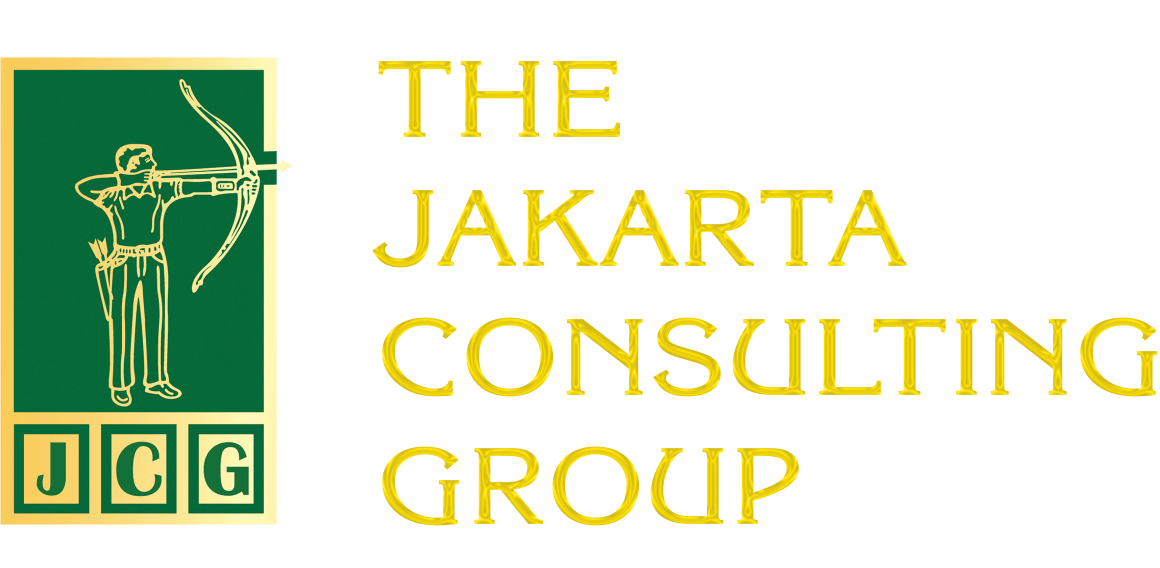Dealing with Toxic Culture in the Workplace. One of the biggest threats to employee productivity and well-being is toxic culture. What is toxic culture? It’s when a work environment is filled with unhealthy stress, mistrust, destructive competition, and poor communication. It often shows up with high employee turnover, low productivity, and low engagement.
What causes toxic culture? Unhealthy leadership, lack of transparency and communication, values that don’t align with behavior, micromanaging, and lack of autonomy.
Leaders who don’t provide clear direction or emotional support can be the main source of a toxic culture. Leaders who are authoritarian, manipulative, or absent create an unstable and fear-filled environment. When employees feel insecure, they’re more likely to be defensive, which just makes things worse.
When important info is hidden or not communicated clearly, accurately, or completely, trust within the organization fades. The same goes for when management’s words don’t match reality. Poor communication becomes fertile ground for rumors, speculation, and misunderstandings.
Many organizations have written core values, but unfortunately, many don’t live by them. For example, a company might promote collaboration, but if unhealthy competition is actually happening, those values become meaningless.
When employees feel micromanaged and don’t have the freedom to make decisions, they can lose motivation and feel stressed out. Micromanagement often leads to frustration and dissatisfaction.
The Impact of Toxic Culture
In a toxic environment, employees tend to feel uncomfortable or unappreciated, which can lead to them wanting to leave. High turnover not only disrupts team stability but also drives up recruitment and training costs.
Employees stuck in a bad work culture often lose motivation. They might work half-heartedly or spend more time avoiding conflicts than actually doing their tasks.
Ongoing stress from a toxic culture can lead to mental health problems like anxiety, depression, and burnout. Physical health can suffer too, and employees may start taking more sick days.
In today’s world of social media, companies with toxic cultures quickly get bad press. This can damage a company’s reputation, making it harder to attract top talent, and even affect relationships with clients and customers.
How Can You Fix It?
The first step in addressing a toxic culture is analyzing the root causes. Is it related to leadership, communication, or employee behavior? Leaders need to listen to employee complaints, conduct culture surveys, or even bring in third parties for a culture audit.
Leaders play a crucial role in shaping organizational culture. Good leaders need to listen, value, and support their employees. They should lead by example, showing behaviors that align with the company’s values, like transparency, respect, and openness.
One of the most effective ways to fix a toxic culture is to improve communication between employees and management. By creating open lines of communication, employees will feel heard and valued. Transparency in decision-making, especially when it impacts employee well-being, is also crucial for rebuilding trust.
Training leaders and employees in skills like conflict resolution, empathetic communication, and inclusive leadership can help ease workplace tension. By creating training programs focused on building a positive culture, companies can prevent negative behaviors from coming back.
Companies should ensure their policies support the physical and mental well-being of their employees. This could include flexible working hours, access to counseling services, and mental health programs. Supportive policies like these send the message that the company cares about its employees’ well-being.
One way to motivate employees and reduce negative culture is by recognizing and rewarding those who demonstrate positive behaviors. Regular and sincere recognition reinforces the behaviors you want and boosts employee motivation and engagement.
Conflict is inevitable in the workplace, but how a company handles conflict can determine whether the culture improves or becomes more toxic culture. A proactive and fair approach to conflict resolution, including mediation and open resolutions, is essential.
Culture is the foundation for competitive advantage. A culture that binds and guides a company toward its goals helps boost performance. It can inspire and motivate the organization to leap forward and become a leader in its industry. The Jakarta Consulting Group can help you set goals and values, then drive and enforce behaviors that maximize results.
Category: Corporate Culture
#toxic culture #micromanagement #communication #conflict #employee recognition











